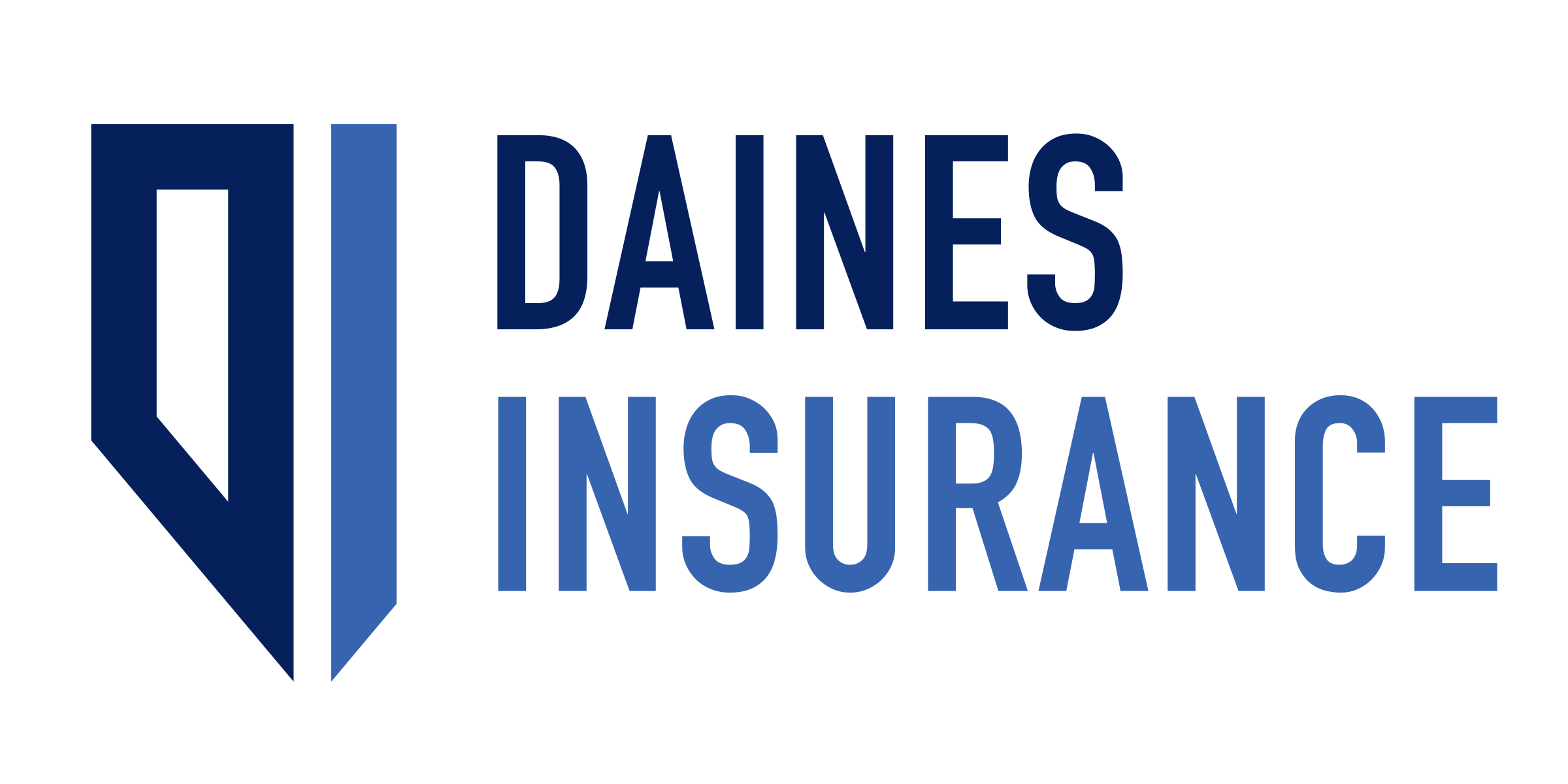Medical
There is little doubt that health insurance is the number one most requested employee benefit. When it comes to attracting and retaining a quality workforce, a well-designed health plan can be an integral part of the total compensation package. As an independent agency, we work with a number of quality health insurance carriers who provide a wide range of plan designs and provider networks.
With healthcare costs continuing to rise, we have embraced many of the Consumer Driven Health Plans (CDHPs) that have come to the market. We have made it our priority to be innovative with our approach to plan design and funding strategies. Through Multiple Option Plans, Health Reimbursement Accounts (HRAs), Health Savings Accounts (HSAs) and other non-traditional offerings, we have been largely successful in helping our clients and their associates hold the line on healthcare expenditures. Whatever the future holds for the health insurance marketplace, Daines Insurance & Financial Services, LLP is committed to keeping our clients current with the latest in products, services and technology.
- Fully Insured
- Self-Funded
- Captives
- Level-Funded
- Minimum Essential Coverage (MEC)
- Pharmacy Solutions
- Flexible Spending Account (FSA)
- Health Savings Account (HSA)
- Health Reimbursement Account (HRA)
- Analytics
- Benchmarking
